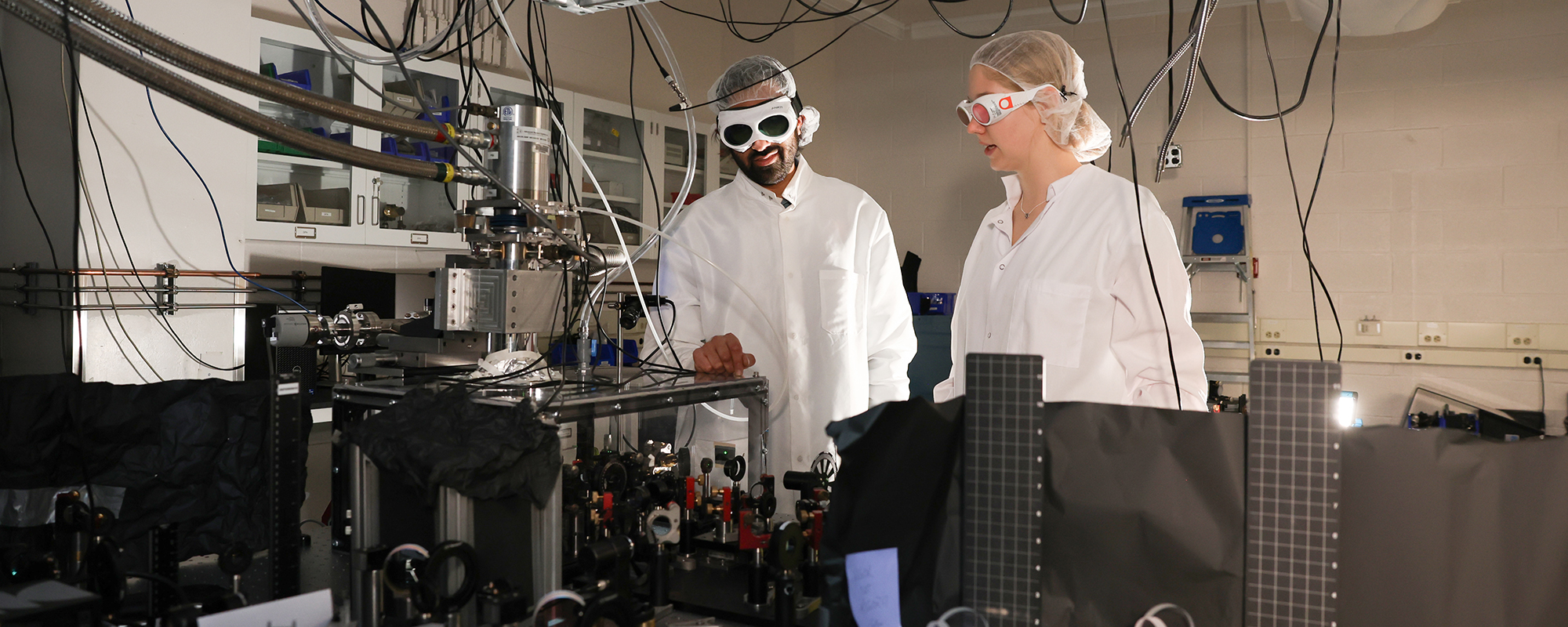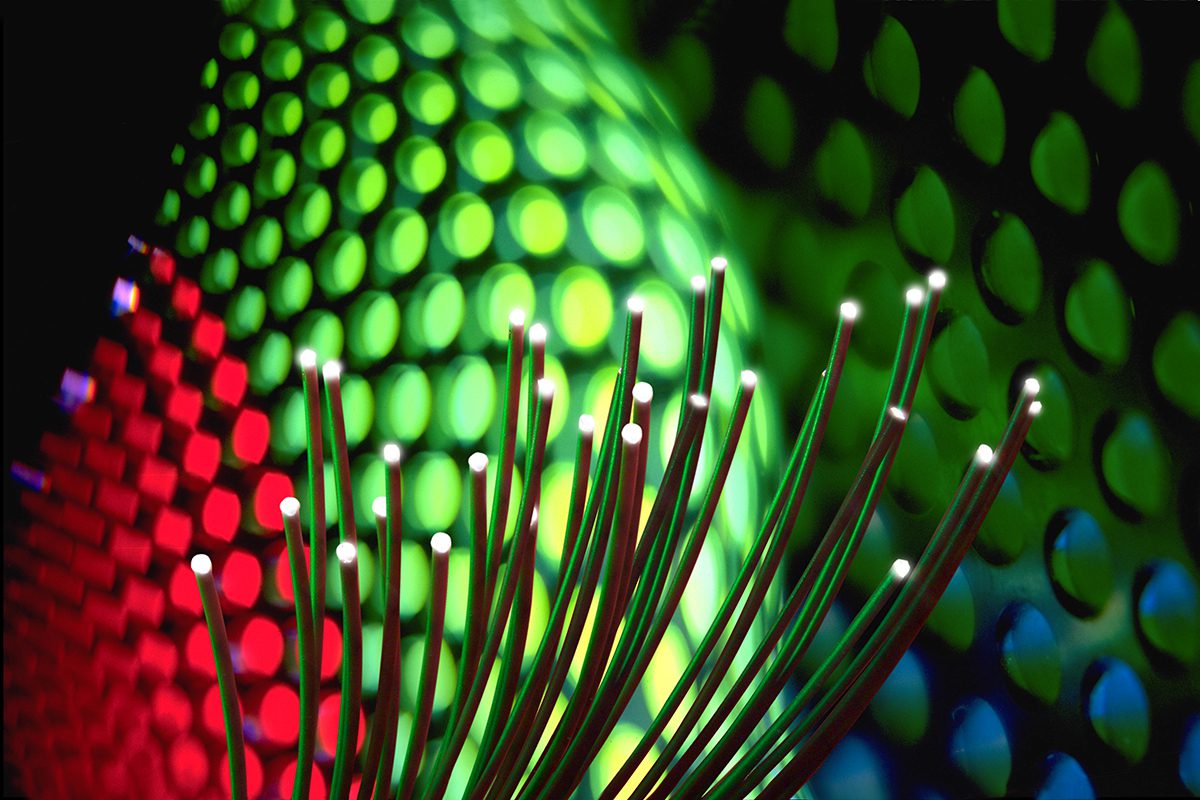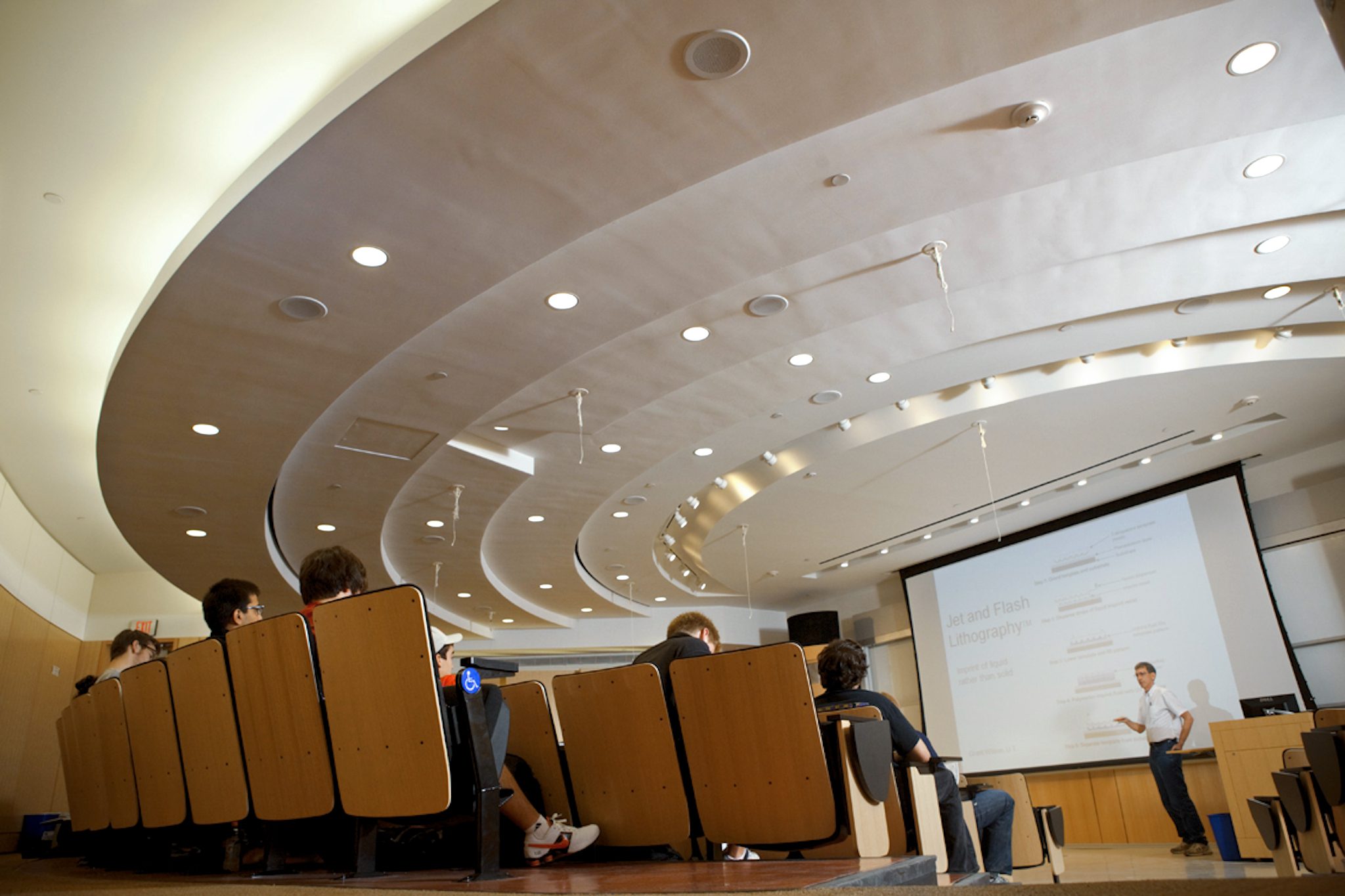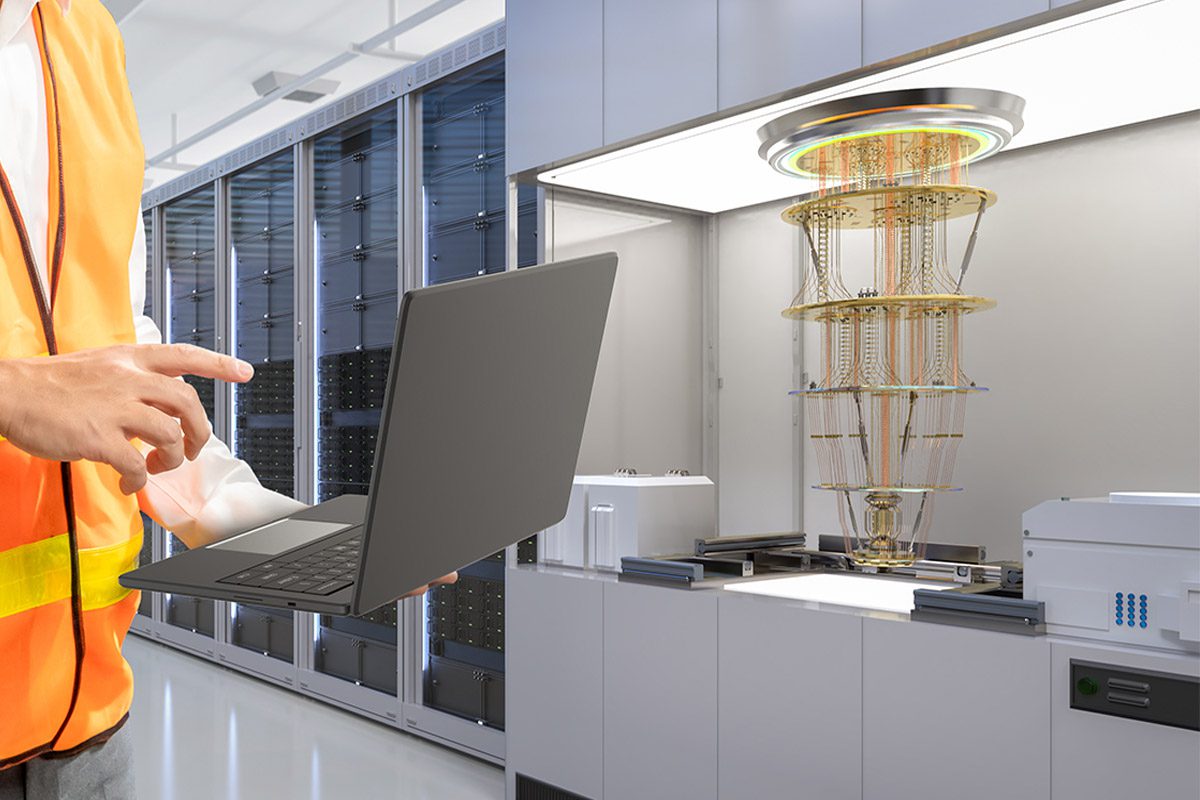Page Contents
As an Engineering Physics major, you will cultivate practical skills in math and physics — both experimental and theoretical — allowing you to move beyond understanding to actually applying physics in an engineering setting. These subjects are crucial for all engineers and scientists working in contemporary engineering and research fields. Tailor your career path to your goals through flexible electives, lab courses, and practical engineering skills developed through an independent project to significantly boost your career prospects.
Curriculum
You’ll take core courses focusing on mastery of physics and mathematical skill sets that are universally essential.
Next, you’ll develop experimental skills to complement formal coursework through five experimental courses in the areas of computers, lasers, optics and electronics.
You’ll also have the opportunity to carry out independent research projects during your junior and senior years. Learning from top faculty with substantial funding, you’ll explore a range of subjects both theoretical and experimental, including integrated-circuit technology, wave-function engineering, electron and ion-beam microfabrication, lasers and optics, superconducting devices, plasma physics, thermonuclear fusion, biological physics, materials physics, and X-ray physics.
How to Affiliate
You should apply for affiliation with Engineering Physics as soon as you successfully meet affiliation criteria, typically during either the first or second semester of your second year. You do not need to wait for grades to post to apply.
To apply for affiliation, complete an online Application for Major Affiliation. You must have a cumulative grade point average (GPA) that is at that is equal to or greater than 2.0, and have successfully completed the required courses with a B- or better. For a full list of requirements, visit Degree Requirements.
Ways to Use Your Engineering Physics Degree
-
![abstract image showing fiber optics, and circles of green and red light.]()
High-Technology Industries
About half of engineering physics graduates take positions in high-technology industries — at starting salaries at the top end of the scale for engineers — often as high-level administrators or research scientists in nonprofit or national laboratories.
-
![Harold Craighead, professor of applied and engineering physics (AEP), teaching a class in 120 Physical Sciences Building.]()
Graduate School
The others continue to graduate school, leading to a career as a professor in almost any engineering or scientific discipline at a major university. The reputation of our school makes graduates extremely attractive candidates for graduate admission and financial support.
-
![Stock image of industrial setting showing quantum computer and man holding laptop]()
Professional Programs and Careers
Some graduates go on to professional programs in engineering, law, medicine and business administration. Others have become consultants, physicians, inventors or lawyers.
Contact Us
-
Director of Undergraduate Studies
Professor Craig Fennie
Clark Hall, Room 224
607-255-6498
fennie@cornell.edu -
Academic Program Administrator (B.S. and M.Eng.)
Hannah Peck
Clark Hall, Room 261
607-255-2032
hsp38@cornell.edu



